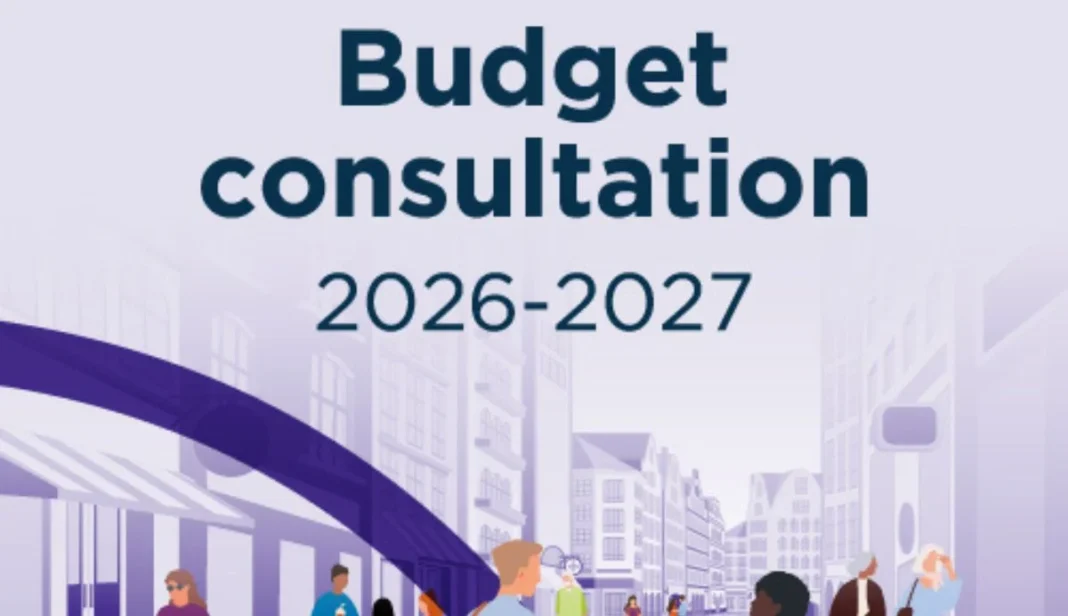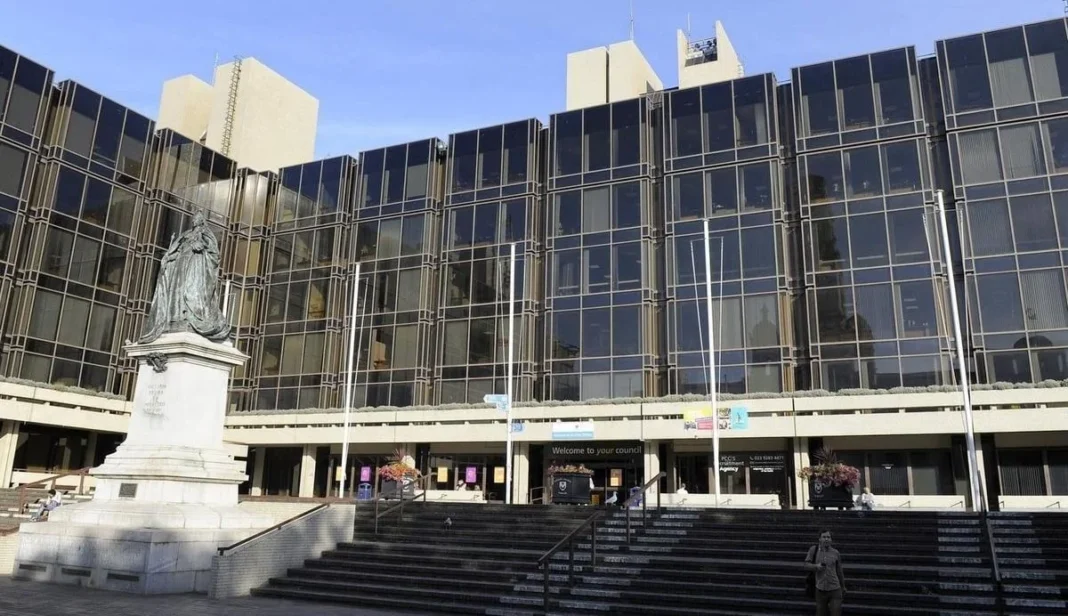Hampshire County Council is inviting residents to share their opinions on measures to address its financial challenges through to April 2027, as service demands and costs continue to escalate amid persistent underfunding from central Government.
For many years, county council budgets across England have faced unprecedented strain, yet Hampshire County Council has demonstrated prudent financial stewardship – ensuring value for every pound spent, delivering high-quality services and maintaining England’s second-lowest Council Tax rates amongst county councils. The Authority will have achieved savings of £734 million from its annual budget since 2008 by the close of this financial year – taking early action to tackle financial difficulties, frequently ahead of other authorities, whilst transforming operations and embracing commercial opportunities to generate revenue.
Growing pressures persist
Nevertheless, financial challenges continue both locally and nationally, particularly in high-demand sectors such as social care for vulnerable children and adults, and school transport provision.
Councillor Nick Adams-King, Leader of Hampshire County Council, commented: “Assisting those with the greatest needs in our communities remains our most vital responsibility, yet also our costliest. Longer life expectancies mean many more families struggle to provide care for relatives. The additional expenditure on residential and nursing home care for older people increased by £15 million last year alone. Monthly, 30 older people who previously funded their own care become the Council’s responsibility – adding £18.7 million annually to our costs, whilst school transport expenditure for pupils including those with special educational needs and disabilities has more than doubled over three years from £43 million to £94 million. These represent substantial sums and with increasing numbers depending on our support for longer periods, our budgets cannot keep pace.
“We’ve succeeded in protecting residents from the worst impacts of these national pressures longer than most councils, maintaining low council tax whilst managing public funds prudently, including driving out savings and transforming our operations, and utilising our robust reserves to help cushion the impacts and safeguard essential services. However, those reserves are now depleting; maintaining low council tax in previous years, aligned with Government policies at the time, has disadvantaged our budgets today, and there’s no further scope for identifying major ongoing savings from operational changes. Local solutions alone no longer suffice.
“We require national action to complement the local efforts we’ve undertaken for years. Without changes to Government funding for councils, Hampshire faces a budget deficit of £143 million in 2026/27, rising to £230 million the subsequent year. We’re not requesting Government favours, simply the tools enabling us to continue serving our communities properly.”
Consultation opens
Until Government delivers fairer funding solutions in areas including social care and school transport, and permits local authorities greater flexibility to set Council Tax responsibly within their areas, numerous councils, including Hampshire, must identify additional spending reductions to balance budgets, which they’re legally obliged to achieve.
The County Council’s consultation outlines various options to help balance Hampshire’s budget and maximise public money value – including lobbying Government for increased funding and legislative changes, achieving further savings, generating additional income, raising council tax, reviewing service delivery methods, reducing or ceasing some services, or introducing and increasing charges for others.
Residents can participate from 4 November until 11:59pm on 7 December 2025.
Councillor Adams-King added: “We’re extremely keen to hear from everyone across Hampshire, whether you’re a resident, business owner, work or study at an educational institution, belong to a community or voluntary organisation, or are one of our partners. Your perspectives and experiences are important to us and will help us better understand how potential changes might affect people. Every response received will contribute to shaping savings proposals we examine next year. Currently, no decisions have been taken, and if changes to specific services ultimately require consideration, there will be further detailed consultations ensuring your voice is heard.”
Residents can participate through the online response form on the consultation webpage: www.hants.gov.uk/budgetconsultation. The complete information pack regarding consultation proposals is available on this webpage, alongside details of response methods, including requesting and returning paper copies.



